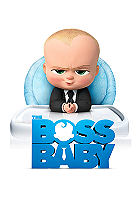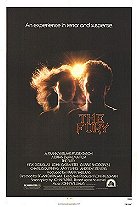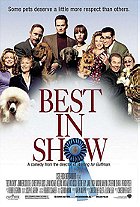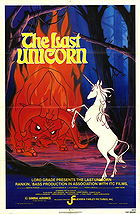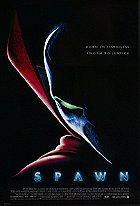Boy, the Academy must love Denzel Washington to sit through this movie long enough to decide that his performance was nomination worthy. Roman J. Israel, Esq. is an unfocused legal thriller, allegedly, orbiting around Washington’s movie star charisma. Often times, this is enough to get its lead actor nominated (sometimes they even win), but it sure does make my dogged yearly attempt to watch the nominations in the major categories every year a slog. Another year, another instance where mega-watt charisma is not enough to sit through a boring mess of a film, but at least this time it’s not for Meryl Streep.
There’s about thirty to forty minutes of plot buried in this two-hour movie, much of it about a man selling his soul for the very things he’s worked his whole life to rail against only for it all to crumble beneath him in the end. Except, his choices are made outside of his normal job and done completely at random. There’s no court thriller here despite Dan Gilroy’s attempts to fit this particular square peg into the round hole.
Even worse is how so much of the film is just flat out dull and boring. Colin Farrell’s shark lawyer is more sympathetic than we’re initially led to believe, so painting him as some kind of moralistic devil bargainer is a wash. Even worse is the waste of Carmen Ejogo as a love interest for Roman, but there’s no chemistry between the characters or reason for you to believe that they would connect in any meaningful way. There’s a lot of extraneous material added to the center, but the center itself is not strong enough to lull you into its world.
Leave to Washington to make you sit through this movie. One of our greatest living actors, Washington’s charisma and talent is enough to sit through even his more questionable ventures, and this is proof positive. He’s given vast amounts of vague political and legal beliefs to espouse without any actual meat being thrown out in the process, but goddamn does he make it sound like important and potent talking points. He’s saddled with playing a movie idiot-savant, so there’s lots of tics, penchant for insulting everyone, and an inability to healthily interact with anyone. He somehow manages to make these almost cohere into a viable persona, but Gilroy’s script never gives enough attention to any particular incident long enough for anything to arise from the mire.
 Login
Login
 Home
Home 95 Lists
95 Lists 1531 Reviews
1531 Reviews Collections
Collections
 0 comments,
0 comments, 